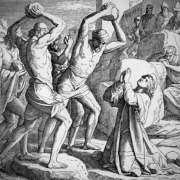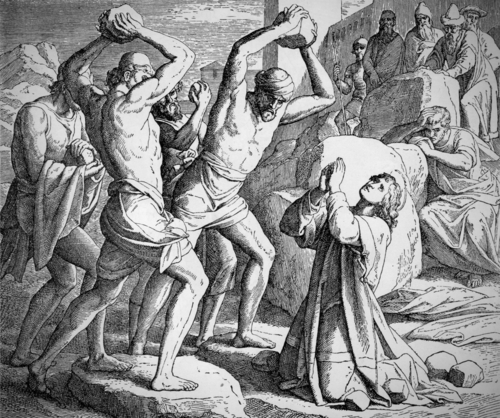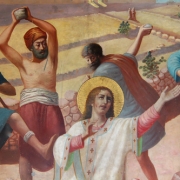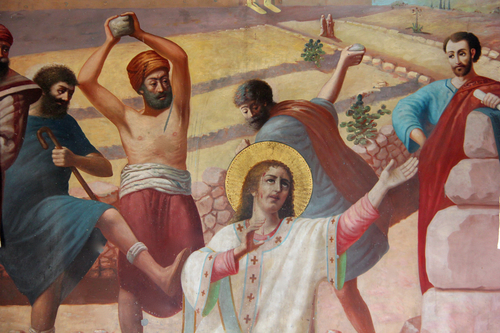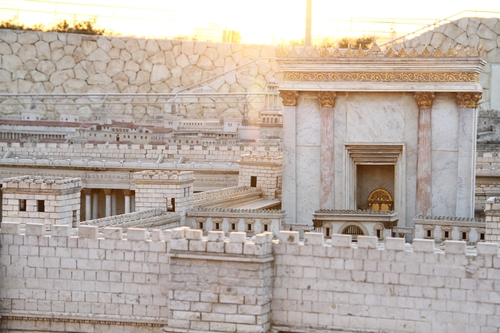What Mary Knew
Your year-end generosity to Enduring Word is appreciated. Click here to donate.
But Mary kept all these things and pondered them in her heart. (Luke 2:19)
The Bethlehem shepherds had a rare experience – a visitation from the angel of the Lord, announcing good news: the birth of a baby who was both Messiah and God. The same angel gave them a sign to confirm this good news – that they would find this baby wrapped in torn cloths, laying in a feeding-trough for animals.
Those shepherds immediately went to Bethlehem and saw the confirming sign. They then went throughout the village and told everyone they could. The people of Bethlehem were amazed at this remarkable news, but they seemed unchanged by it all. Mary the mother of Jesus was different. Mary kept all these things and pondered them in her heart. There are at least three things to note about Mary’s reaction to the news from the shepherds.

Mary chose to remember the shepherds’ report, she kept all these things. Others in Bethlehem soon forgot that remarkable night, but Mary made the choice to remember. She had a special relationship to that baby boy, so it was easy for her to remember. If we have a special relationship with Jesus – adopted into His family and regarded as His brothers or sisters – then we will remember Him in a way that others do not.
Mary chose to treasure those things in her heart. She not only remembered the shepherds’ report and all it meant, she also held those things in her heart with affection. Mary was probably especially touched by the fact that God brought the word to the shepherds through angelic messengers. Mary’s whole connection with these events began with a message from the angel Gabriel (Luke 1:26-38). In the nine months following, the angels were silent. It must have been like a reminder of the love of God for Mary to know that God was once again working through His angels to accomplish the purpose of bringing the Messiah into the world.
Mary chose to meditate on those things; she pondered them in her heart. The promises made to Joseph and Mary about this baby were so big that they were hard to believe. You might say that they were easy to doubt – but God gave Mary reason to believe. Mary had a baby book written before the baby was ever born. When Mary heard that she would bear the Messiah, surely she spent so much time thinking about and pondering over all the promises in the Hebrew Scriptures about the Christ, the Messiah. She would think about the promises of the Messiah’s triumph and His agony; about the Messiah’s reign and His suffering.
Like Mary, you can hear what God says about His Son – that He is Christ the Lord, Messiah and God. You may treasure that word from God; think deeply upon it, and keep it upon your heart and affections. In this you show yourself to be part of Jesus’ family.
You can know what Mary knew.








